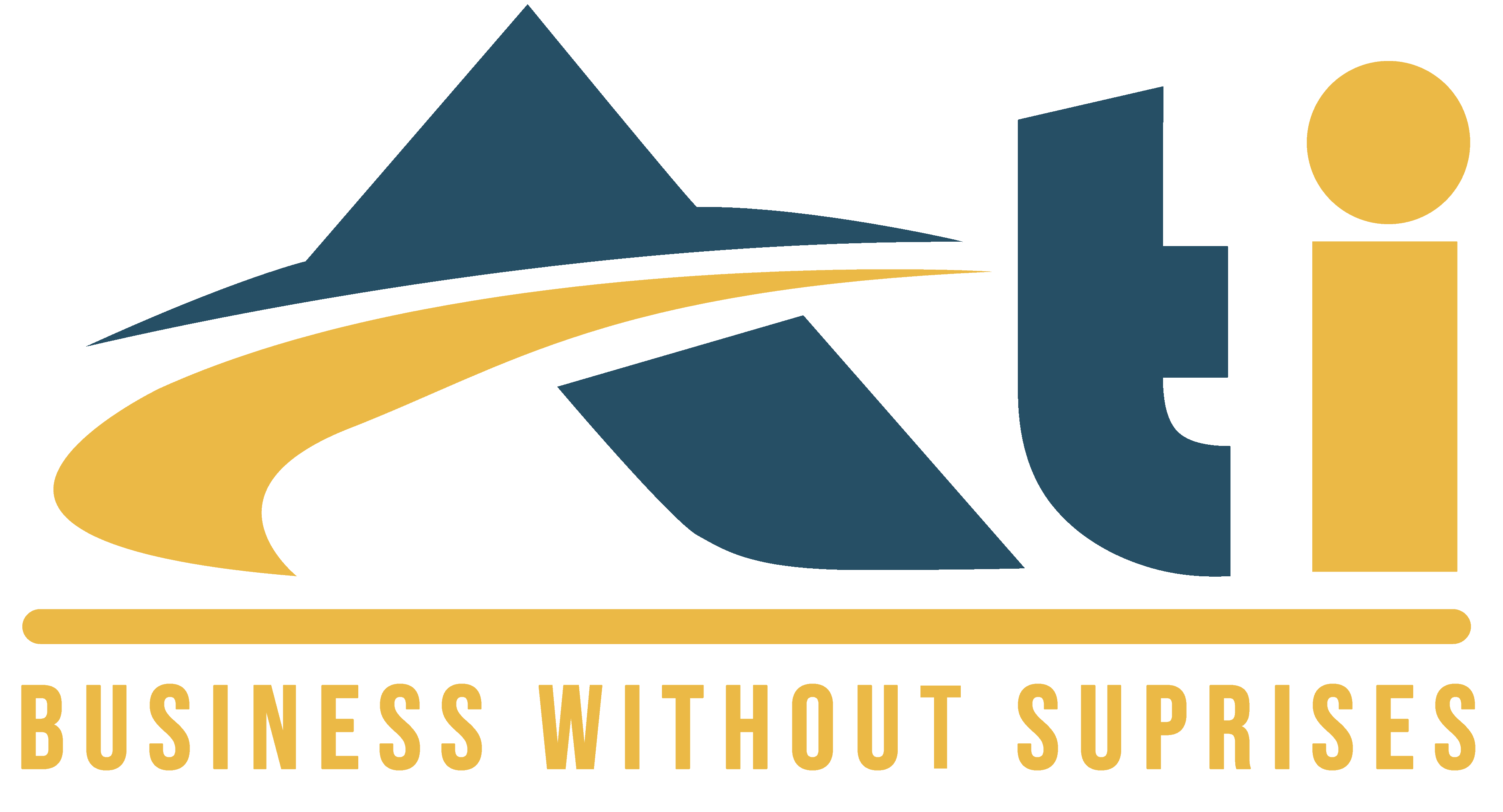EN71 Compliance is a set of toy safety standards established in the European Union (EU) to ensure the safety of children’s toys. The standards cover a range of safety aspects, including chemicals and heavy metals, flammability, small parts, and mechanical properties. Compliance with these standards is legally required for all toys sold in the EU.
Understanding EN71 Compliance is essential for manufacturers, distributors, and retailers of children’s toys. Compliance with these standards ensures that the toys are safe for children to play with and free from harmful chemicals or parts that could pose a risk to their health. Non-compliance can lead to legal and financial consequences for manufacturers and retailers.
EN71 Compliance is not limited to the EU; other regions have their own toy safety standards that manufacturers must adhere to. For example, the United States has the Consumer Product Safety Improvement Act (CPSIA), which regulates the safety of toys sold in the US. Understanding the different compliance requirements in different regions is crucial for manufacturers and retailers of children’s toys to ensure that their products meet the safety standards required in each region.
Key Takeaways
- EN71 Compliance is a set of toy safety standards established in the European Union to ensure the safety of children’s toys.
- Compliance with these standards is legally required for all toys sold in the EU and can lead to legal and financial consequences for non-compliance.
- Other regions have their own toy safety standards that manufacturers must adhere to, and understanding the different compliance requirements in different regions is crucial for manufacturers and retailers of children’s toys.
Understanding EN71 Compliance
EN71 is a set of European standards that specify the safety requirements for toys. The standards cover various aspects of toy safety, including chemicals, heavy metals, flammability, small parts, and mechanical properties. Compliance with EN71 is mandatory in the European Union (EU) for all toys sold in the EU market.
Key Aspects of EN71 Compliance
The key aspects of EN71 compliance include testing for hazardous chemicals, lead, heavy metals, and toxic elements. The standards also cover the durability of toys, small parts, and strangulation hazards. EN71 compliance involves testing toys for compliance with the relevant harmonized standards, including EN 71-3:2019+A1:2021, EN 71-2:2020, and EN 71-4:2020.
Importance of EN71 Testing
EN71 testing is essential for ensuring the health and safety of children who use toys. The testing helps to identify hazardous chemicals, heavy metals, and toxic elements that could be harmful to children. EN71 testing also helps to ensure that toys are durable and do not pose a strangulation hazard.
EN71 Compliance for Different Toy Types
EN71 compliance requirements vary depending on the type of toy. For example, experimental sets for chemistry and related activities, finger paints, activity toys, chemical toys (sets) other than experimental sets, cosmetic kits, gustative games, and olfactory board games all have different compliance requirements.
Role of Manufacturers and Importers
Manufacturers and importers have a crucial role to play in ensuring EN71 compliance. They must ensure that their toys comply with the relevant harmonized standards and that they are safe for children to use. Manufacturers and importers must also provide a declaration of conformity and carry out pre-shipment testing to ensure that their toys meet the EN71 requirements.
In conclusion, EN71 compliance is essential for ensuring the safety of children who use toys. Manufacturers and importers must comply with the relevant harmonized standards and carry out pre-shipment testing to ensure that their toys meet the EN71 requirements.
EN71 Compliance in Different Regions
EN71 Compliance in the European Union
EN71 is a set of standards for toy safety in the European Union (EU) that specifies the requirements for mechanical and physical properties, flammability, migration of certain elements, and other aspects of toy safety. The European Commission has harmonized these standards and declared them as the essential requirements of the EU Toy Safety Directive 2009/48/EC. The directive defines safety requirements for toys sold within EU member states and aims to protect the health and safety of children.
The EU Toy Safety Directive requires that all toys sold in the EU must comply with the EN71 standards. The directive also sets out general provisions for market surveillance and requires that toys bear the CE marking to indicate conformity with the directive. Testing and certification agencies, such as Intertek, QIMA, and SGS, can help manufacturers and importers ensure compliance with EN71 and obtain the necessary certification.
EN71 Compliance Outside the European Union
While EN71 compliance is mandatory for toys sold in the EU, it is also relevant for toys sold outside the EU. Other countries, such as the United States and Canada, have their own toy safety regulations, but they often reference the EN71 standards or use similar requirements. For example, Health Canada requires that toys sold in Canada comply with the requirements of the Toys Regulations, which include chemical requirements and testing methods similar to EN71.
Role of Testing and Certification Agencies
Testing and certification agencies play an important role in ensuring EN71 compliance and toy safety. These agencies can provide testing services to assess toy design, durability, and safety for compliance with the EU Toy Safety Directive. They can also help manufacturers and importers obtain the necessary certification and ensure that their toys bear the CE marking. The Safety Gate system, which is a rapid alert system for dangerous non-food products, also facilitates the exchange of information between EU member states and the European Commission to ensure toy safety.
Manufacturers and importers should ensure that their toys comply with the EN71 standards and other relevant regulations to protect the health and safety of children. They should work with testing and certification agencies to assess compliance and obtain certification. The role of regulatory authorities, testing and certification agencies, and other stakeholders is crucial to ensure that toys are safe for use by children, both for family domestic use and in commercial settings such as swings, slides, carriages, strollers, and finger paints.
